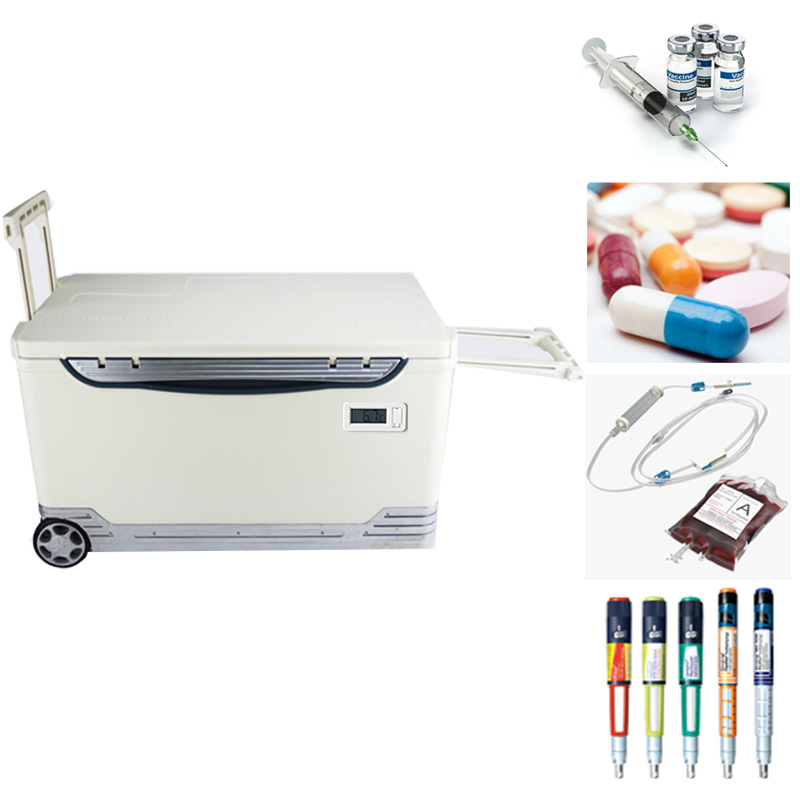Beyond the cold algorithms of technology, Pharma Logistics is a realm that brims with human stories and dedication. It’s a harmonious blend of innovation and empathy, where professionals work tirelessly to ensure that medications reach patients’ bedsides at the right time and in optimal condition.
Temperature control and monitoring
In the world of healthcare logistics, maintaining precise temperature control and vigilant monitoring holds paramount importance, especially when dealing with temperature-sensitive products like vaccines, biologics, and certain medications. Failing to uphold the required temperature range during transportation and storage can result in compromised potency, reduced effectiveness, and, in severe cases, harmful side effects when administered to patients.
To guarantee stringent temperature control, pharmaceutical companies and logistics providers rely on specialized packaging, such as insulated containers and refrigerated trucks. For items that are particularly sensitive to temperature variations, a meticulous cold chain management system becomes indispensable. This involves meticulously maintaining a controlled temperature environment throughout various stages, encompassing production, storage, transportation, and distribution.

Compliance with regulations
The pharmaceutical industry is heavily regulated to ensure patient safety and product quality. Compliance with various guidelines and regulations is essential for pharmaceutical logistics. Key regulations that impact pharmaceutical logistics include Good Distribution Practices (GDP), Good Manufacturing Practices (GMP), and various regional and international standards.
GDP outlines the guidelines for the proper distribution of medicinal products, including storage, transportation, and documentation. Compliance with GDP ensures that pharmaceutical products are handled in a manner that maintains their quality and prevents counterfeiting.
To comply with regulations, pharmaceutical companies often perform risk assessments and implement risk mitigation strategies. This process involves identifying potential risks in the supply chain and taking measures to minimize their impact. Regular audits and inspections are conducted to ensure adherence to established standards.

 English
English  français
français русский
русский italiano
italiano español
español português
português العربية
العربية 日本語
日本語 한국의
한국의 magyar
magyar










